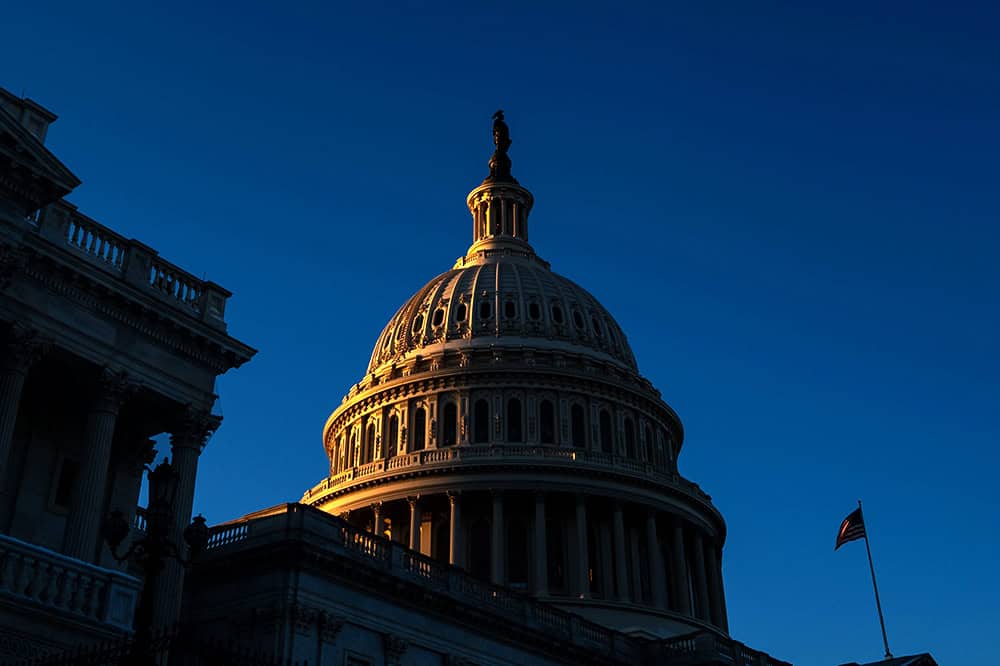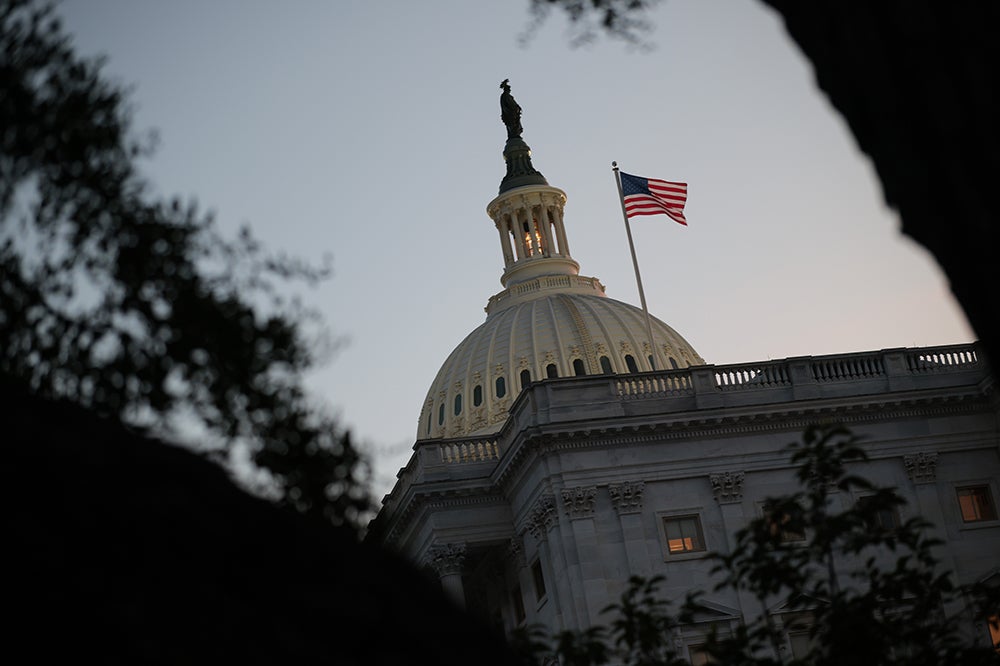Peterson Foundation Statement on House Budget Resolution

Michael A. Peterson, CEO of the Peter G. Peterson Foundation, commented today on the release of an initial draft of the House Budget Resolution. Peterson said:
“As we enter this budget reconciliation process, it’s important to recognize we are currently on a path to add $22 trillion to the national debt over the next ten years. We obviously need to improve our fiscal outlook, but at the very least our leaders should ‘do no fiscal harm.’
“Unfortunately, this resolution sets the stage for adding trillions more in new deficits and debt. It allows for $4.5 trillion in revenue reductions, with only $1.2 trillion in offsets. All told, this plan would add more than $25 trillion to the debt over the next decade.
“This is just the beginning of the process, and lawmakers should continue to work to make this budget resolution more fiscally responsible. They should avoid budget gimmicks like unrealistic economic growth, undefined spending cuts, uncertain tariff revenue, or timing games, all of which simply conceal more debt.
“The bottom line is that America is in terrible fiscal shape and the new administration and Congress have many available policy options to improve our fiscal outlook, or at the very least fully offset any policies they wish to enact or extend. Now is the time to prioritize our fiscal future and put our nation on a more sustainable path.”
###
ABOUT THE PETER G. PETERSON FOUNDATION
The Peter G. Peterson Foundation is a nonprofit, nonpartisan organization that is dedicated to increasing public awareness of the nature and urgency of key fiscal challenges threatening America's future, and to accelerating action on them. To address these challenges successfully, we work to bring Americans together to find and implement sensible, long-term solutions that transcend age, party lines and ideological divides in order to achieve real results. To learn more, please visit www.pgpf.org.
Further Reading
What Is the National Debt Costing Us?
Programs that millions of Americans depend on and care about may be feeling a squeeze from interest costs on our high and rising national debt.
Interest Costs on the National Debt Are Reaching All-Time Highs
The most recent CBO projections confirm once again that America’s fiscal outlook is on an unsustainable path — increasingly driven by higher interest costs.
New Report: National Debt Outlook Gets Worse as Interest Costs Exceed $1 Trillion Annually
A new CBO report shows that the national debt outlook worsened from last year’s projections.


